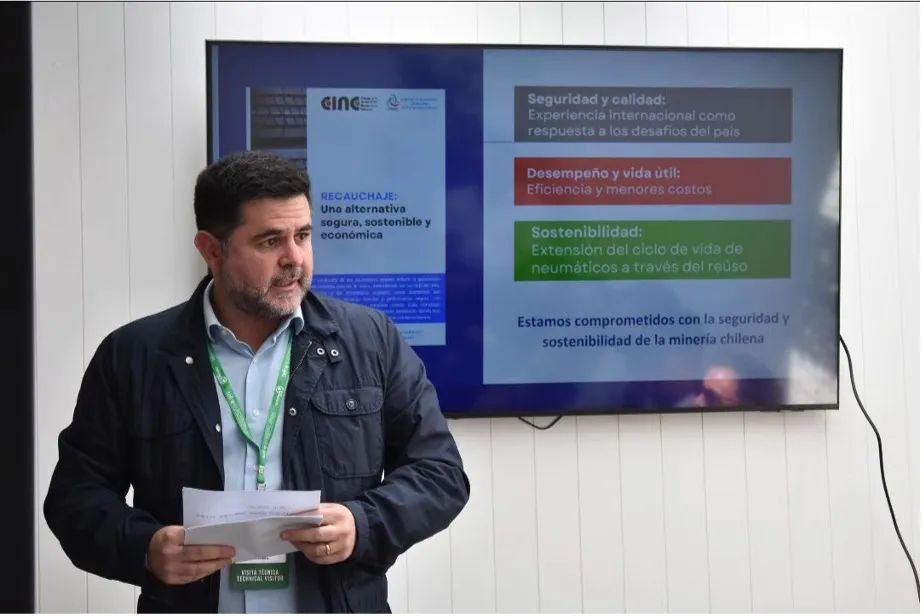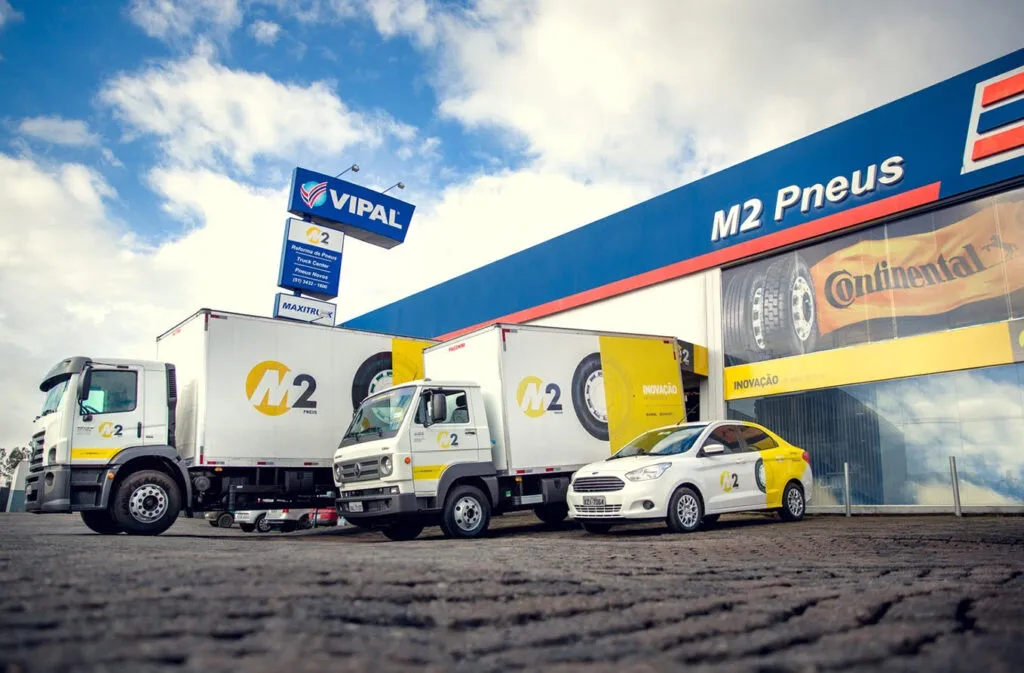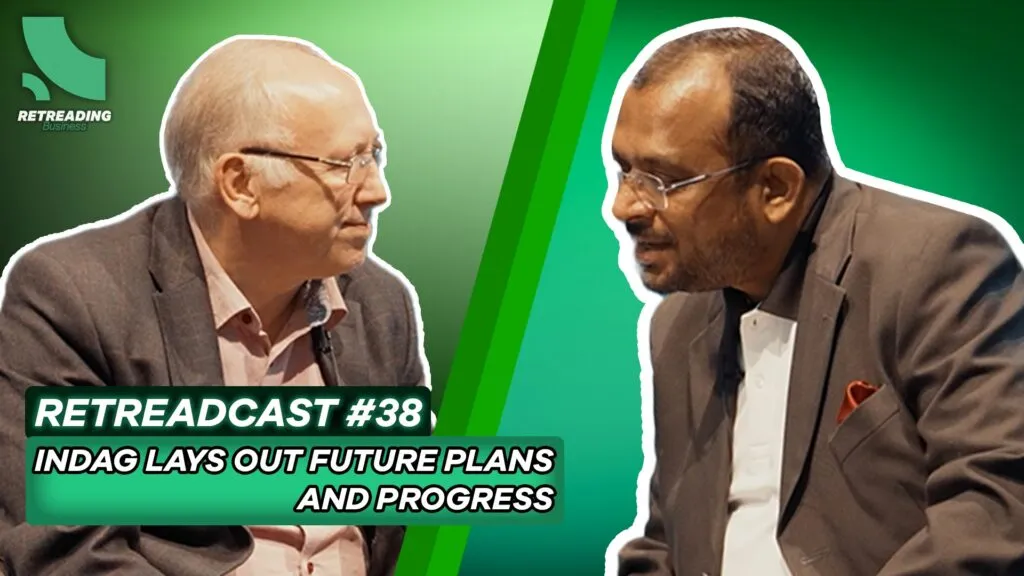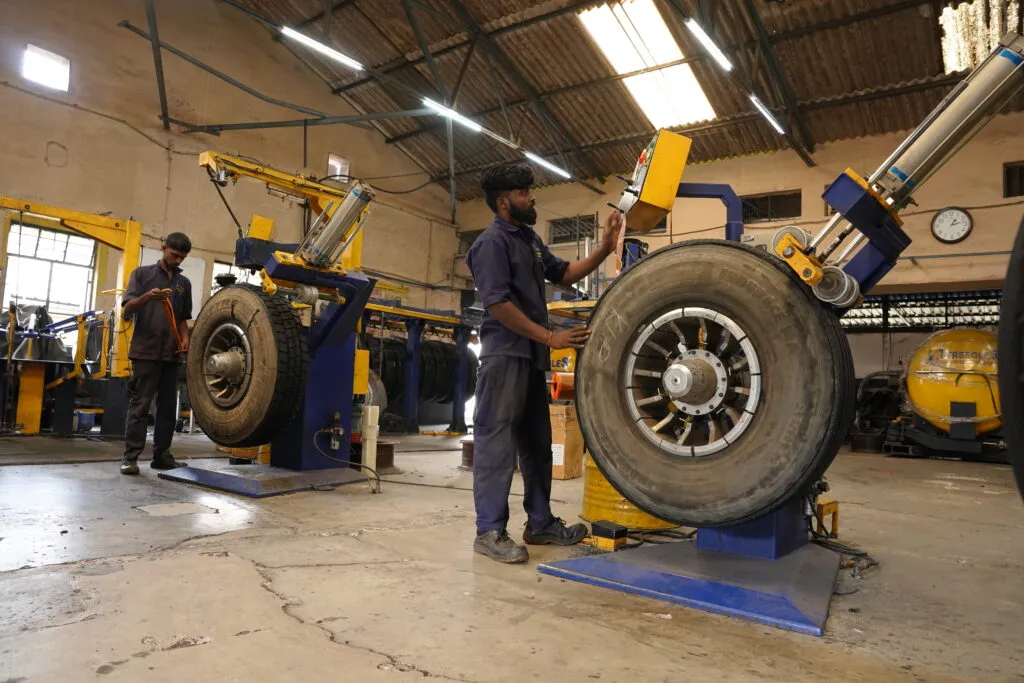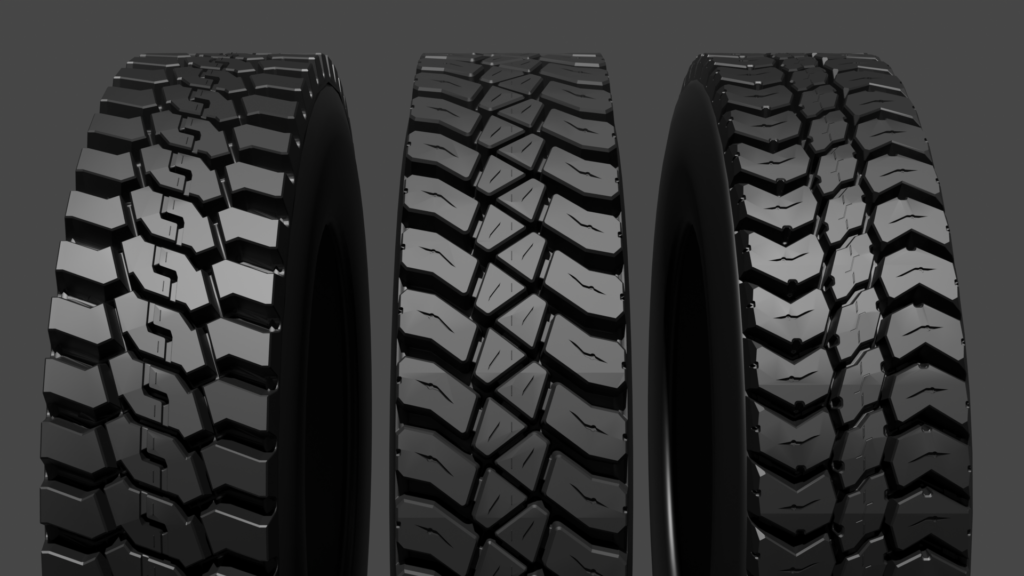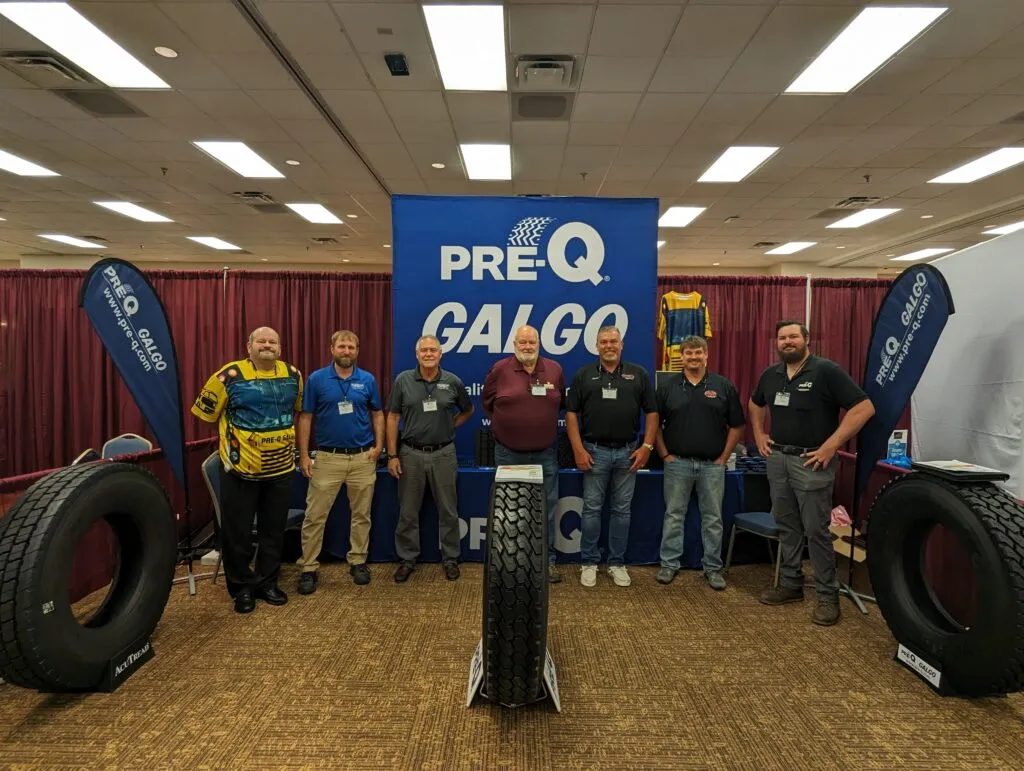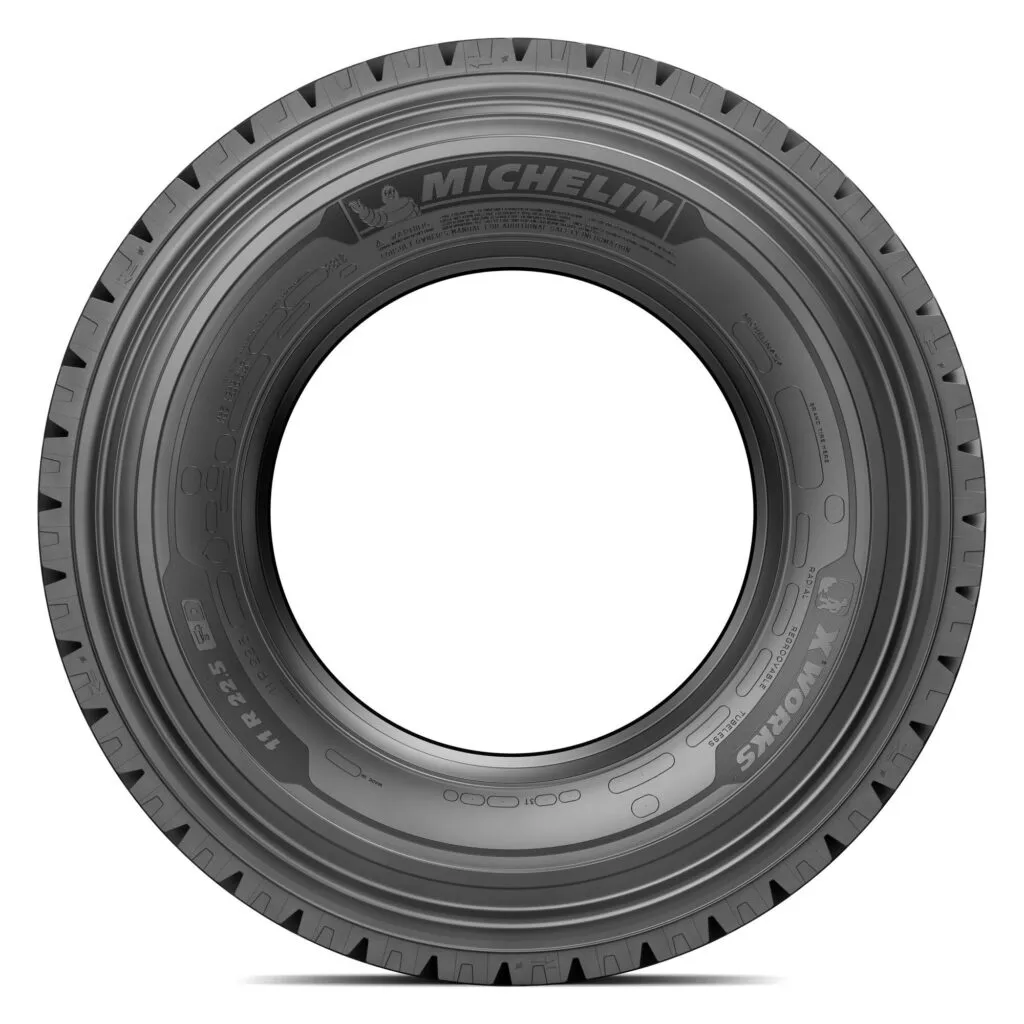In a significant move for the tyre services industry in Northern Europe, Finnish company Lapin Kumi and Swedish firm Colmec have announced their plans to combine operations and create a new, sustainable, and customer-centric tyre services group.
Circularity in Tyre Services
This development follows an earlier announcement in the spring that Centrala Gummi, a leading Swedish tyre service provider, would be merging with Colmec. The new group will focus on two primary principles: circularity and customer focus.
The new entity aims to offer a comprehensive circular tyre service encompassing the entire tyre lifecycle. This includes selling new tyres, routine swapping and servicing, extending tyre life through retreading, and recycling end-of-life tyres. This approach seeks to significantly reduce the waste generated by the tyre industry, lower production emissions, and prolong the use of existing tyres.
In addition to its sustainability goals, the new group intends to prioritise customer service. Lapin Kumi and Colmec have established reputations for high customer satisfaction and strong local relationships. By joining forces, they aim to enhance their service coverage and invest heavily in digitalisation to improve the overall customer experience.
Post-transaction, the new group’s operations in Finland will be centred around Lapin Kumi, while Colmec will represent the group in Sweden, Norway, and Poland. The combined entity is projected to achieve a turnover of EUR 250 million and employ circa 700 staff by the end of 2024. The transaction is supported by leading Nordic private equity firm Norvestor, which will remain the majority shareholder, followed by the management and key employees of Lapin Kumi and Colmec.
Ville Ruokanen, CEO of Lapin Kumi, commented on the merger: “Lapin Kumi has grown rapidly into a national player in recent years. With this transaction, we can further accelerate our growth as a new, larger group and invest more heavily in sustainability and digitisation. Norvestor has a great track record of developing and growing family businesses. They bring resources, insights, and proven operational models from various industries.”
Ian Poppelman, Partner at Norvestor and Chairman of Colmec added: “The establishment of this new group is a landmark transaction to create a more sustainable and customer-oriented player in an established industry with high emissions and varying levels of service quality. We recognised Lapin Kumi as the right partner due to its established market presence, high service quality, and potential for continued rapid growth in the coming years.”
Ruokanen further noted that the group’s growth in Finland will initially focus on integrating Colmec’s Finnish operations into Lapin Kumi, including subsidiaries Colmec Oy, Bandaris Oy, and Pentep Oy.
The transaction will close in Q3 2024, pending customary closing conditions.



